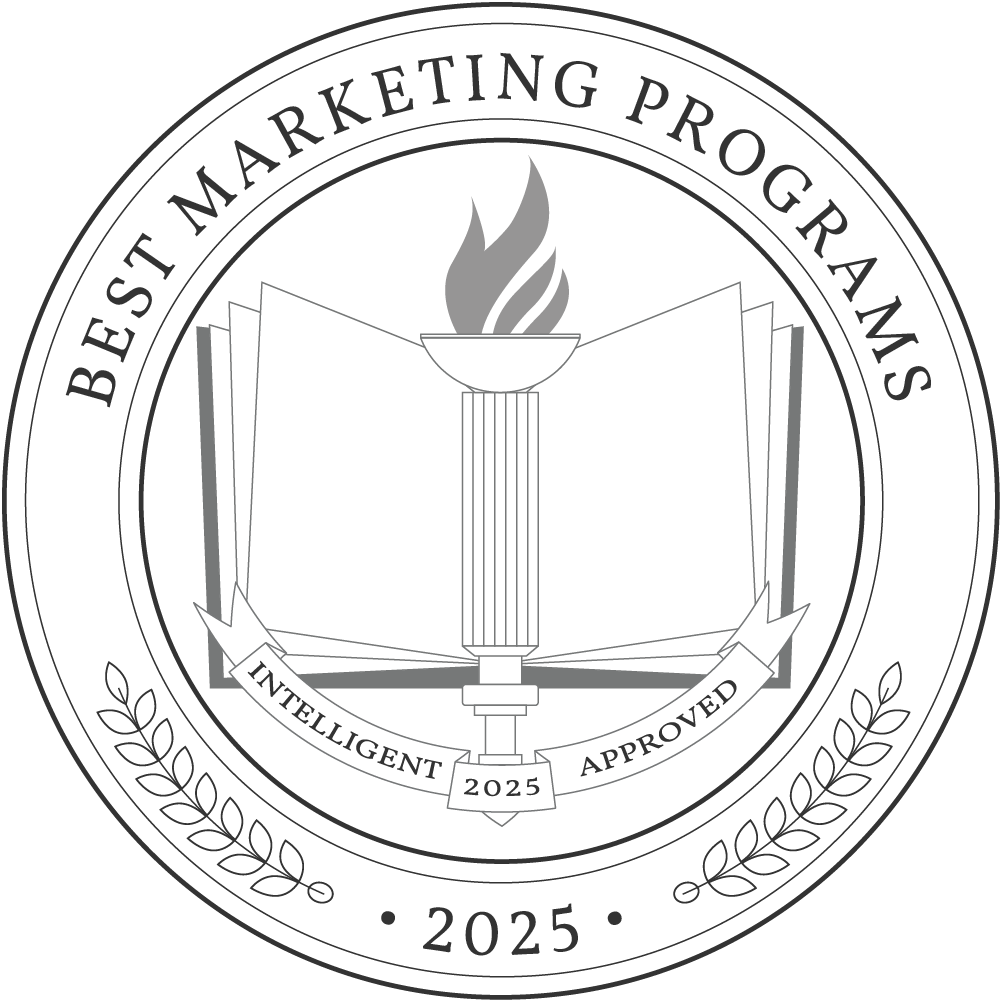Marketing is an important facet of nearly every industry, and constant changes in technology and tactics require marketing professionals with diverse skill sets. Marketing degree programs equip students with the tools to plan and execute promotional and advertising campaigns that meet organizational goals.
The Bureau of Labor Statistics projects that marketing roles, such as marketing management and research analysis, will have over 125,000 job openings between 2022 and 2032. Graduates in these roles can earn a median yearly salary between $64,900 and $162,870.
A bachelor’s degree in marketing requires three to four years of study, and master’s programs require one to three years. As of 2023, yearly tuition and required fees averaged $14,688 and $20,513 for undergraduate and graduate programs, respectively.
Why You Should Trust
Lorem ipsum dolor sit amet, consectetur adipiscing elit. Integer ante odio, consequat sit amet eros ac, aliquam eleifend nisi. Nullam tempor viverra nisl, quis placerat neque bibendum at. Sed nunc metus, consectetur sed commodo eget, gravida in nisl. Cras id dui arcu. Suspendisse potenti. Suspendisse facilisis auctor nisi, at efficitur lectus varius vel. Curabitur eget massa id urna accumsan consectetur ac quis diam. Proin vehicula congue laoreet. Suspendisse laoreet aliquam leo, ac hendrerit nulla ornare a.
Maecenas laoreet mauris sit amet facilisis tristique. Phasellus magna purus, rhoncus at velit eget, egestas vestibulum libero. Phasellus congue congue mauris sed tempor. Etiam finibus scelerisque velit, in elementum ligula. Etiam quis enim ut neque dignissim tincidunt quis a erat.
- Over 3,868 accredited, nonprofit colleges and universities analyzed nationwide
- 52 reputable tech bootcamp providers evaluated for our rankings
- All content is fact-checked and updated on an annual basis
- Rankings undergo five rounds of fact-checking
- Only 7.12% of all colleges, universities and bootcamp providers we consider are awarded
Our Methodology
We ranked 256 accredited, nonprofit colleges offering online business administration bachelor’s degree programs in the U.S. using 17 data points in the categories of credibility, affordability, student outcomes, student experience and application process.
We pulled data for these categories from reliable resources such as the Integrated Postsecondary Education Data System; private, third-party data sources; and individual school and program websites. Data is accurate as of February 2024.
We scored schools based on the following metrics.
Student Outcomes:
- Graduation rate within eight years of normal time
- Median earnings 10 years after graduation
- Pell Grant recipient graduation rate within eight years of normal time
- Retention rate
- Pell Grant graduation rate vs. overall graduation rate
Affordability:
- Average in-state tuition rate and fees
- Median federal student loan debt
- Student loan default rate
- Percentage of students who take out loans
- Student Experience:
- Student-to-faculty ratio
- Socioeconomic diversity
- Program’s coursework (excluding student orientations, field experiences and labs) is available 100% online
- Proportion of undergraduate students enrolled in at least some distance learning courses
Credibility:
- Fully accredited
- Nonprofit status
Application Process:
- Acceptance rate
- Uses Common App
We chose the 10 best schools to display based on those receiving a curved final score of 88% or higher.
Find our full list of methodologies here.
Best 50 Accredited Marketing Programs
FiltersInstitution Type
Status
- Intelligent Score
- Alphabetically By University Name
- Acceptance Rate
- Enrollment
- In-state Graduate Tuition
- Out-of-state Graduate Tuition
- In-state Undergraduate Tuition
- Out-of-state Undergraduate Tuition

University of Pennsylvania
Intelligent Score: 99.26In-state: $53,166
Out-of-state: $53,166
In-state: $37,678
Out-of-state: $37,678
SAT: 1460-1570
ACT: 33-35
$1,954
On-Campus
Association to Advance Collegiate Schools of Business
120

University of Illinois at Urbana - Champaign
Intelligent Score: 98.63In-state: $14,317
Out-of-state: $33,824
In-state: $15,016
Out-of-state: $15,016
SAT: 1200-1460
ACT: 27-33
In-State: $599
Out-of-State: $1,215
On-Campus
Higher Learning Commission
124

Georgetown University
Intelligent Score: 98.5In-state: $57,384
Out-of-state: $57,384
In-state: $53,136
Out-of-state: $53,136
SAT: 1380-1550
ACT: 31-35
$2,704
On-Campus
Association to Advance Collegiate Schools of Business
120

University of Wisconsin - Madison
Intelligent Score: 97.2In-state: $9,273
Out-of-state: $37,161
In-state: $10,728
Out-of-state: $10,728
SAT: 1260-1460
ACT: 27-32
Resident: $485
Non-Resident: $1,710
On-Campus
Association to Advance Collegiate Schools of Business
120
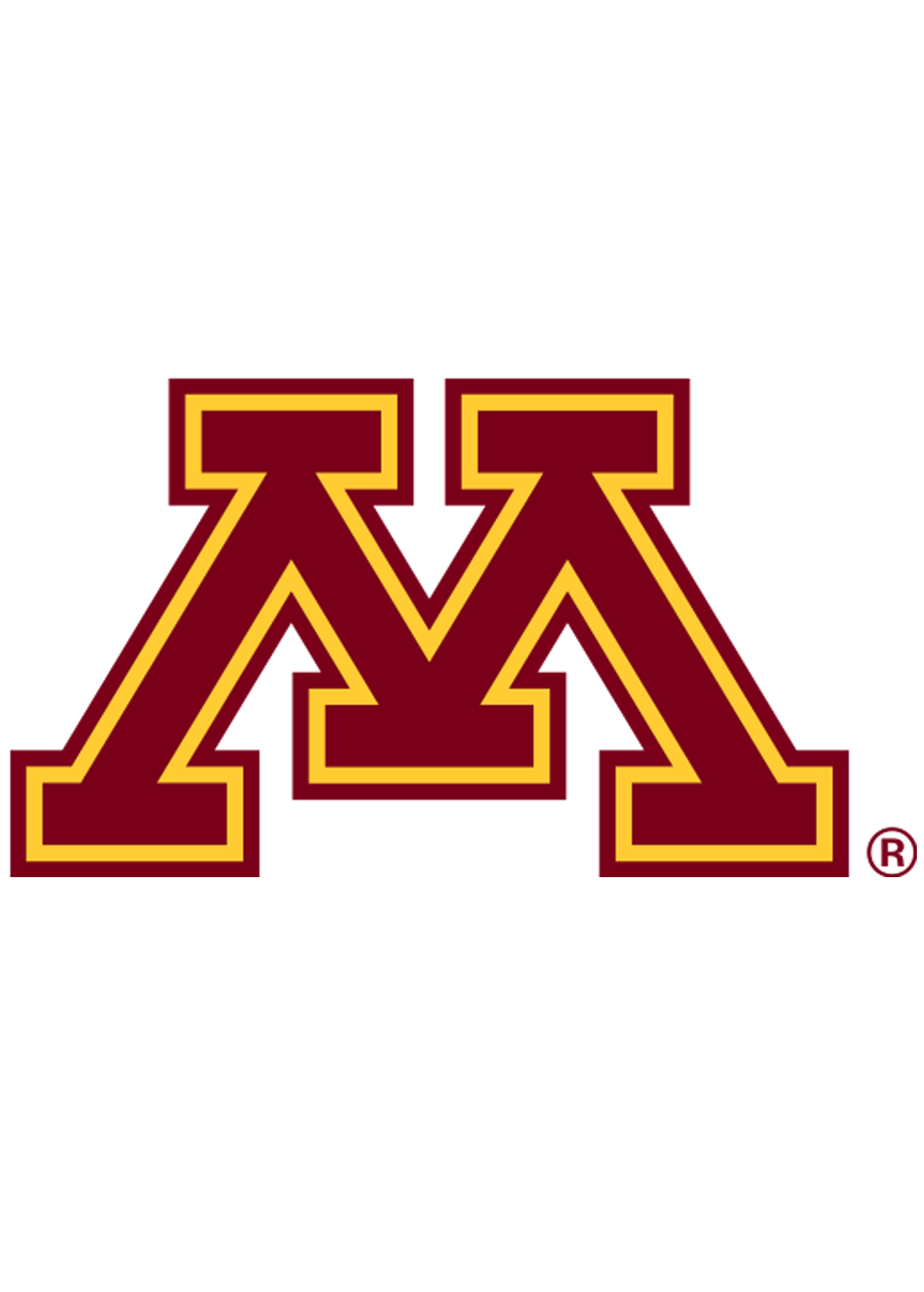
University of Minnesota
Intelligent Score: 96.16In-state: $13,318
Out-of-state: $31,616
In-state: $17,580
Out-of-state: $17,580
SAT: 1240-1460
ACT: 25-31
In-State: $557
Out-of-State: $1,323
On-Campus
Association to Advance Collegiate Schools of Business
120
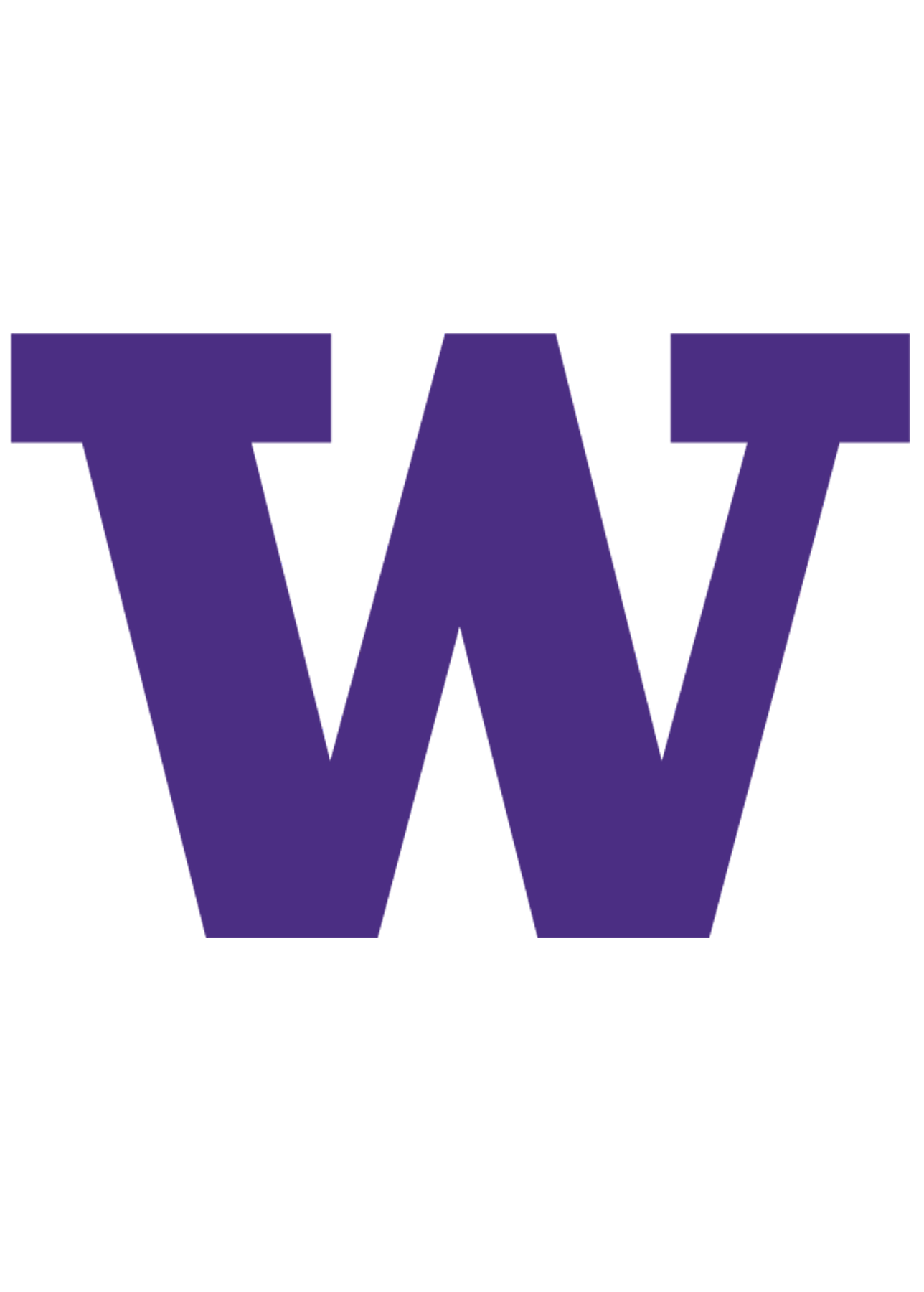
University of Washington Foster School of Business
Intelligent Score: 96.03In-state: $10,629
Out-of-state: $37,998
In-state: $16,278
Out-of-state: $16,278
SAT: 1200-1453
ACT: 27-33
In-State: $274 - $361
Out-of-State: $978 - $1,301
On-Campus
Association to Advance Collegiate Schools of Business
180
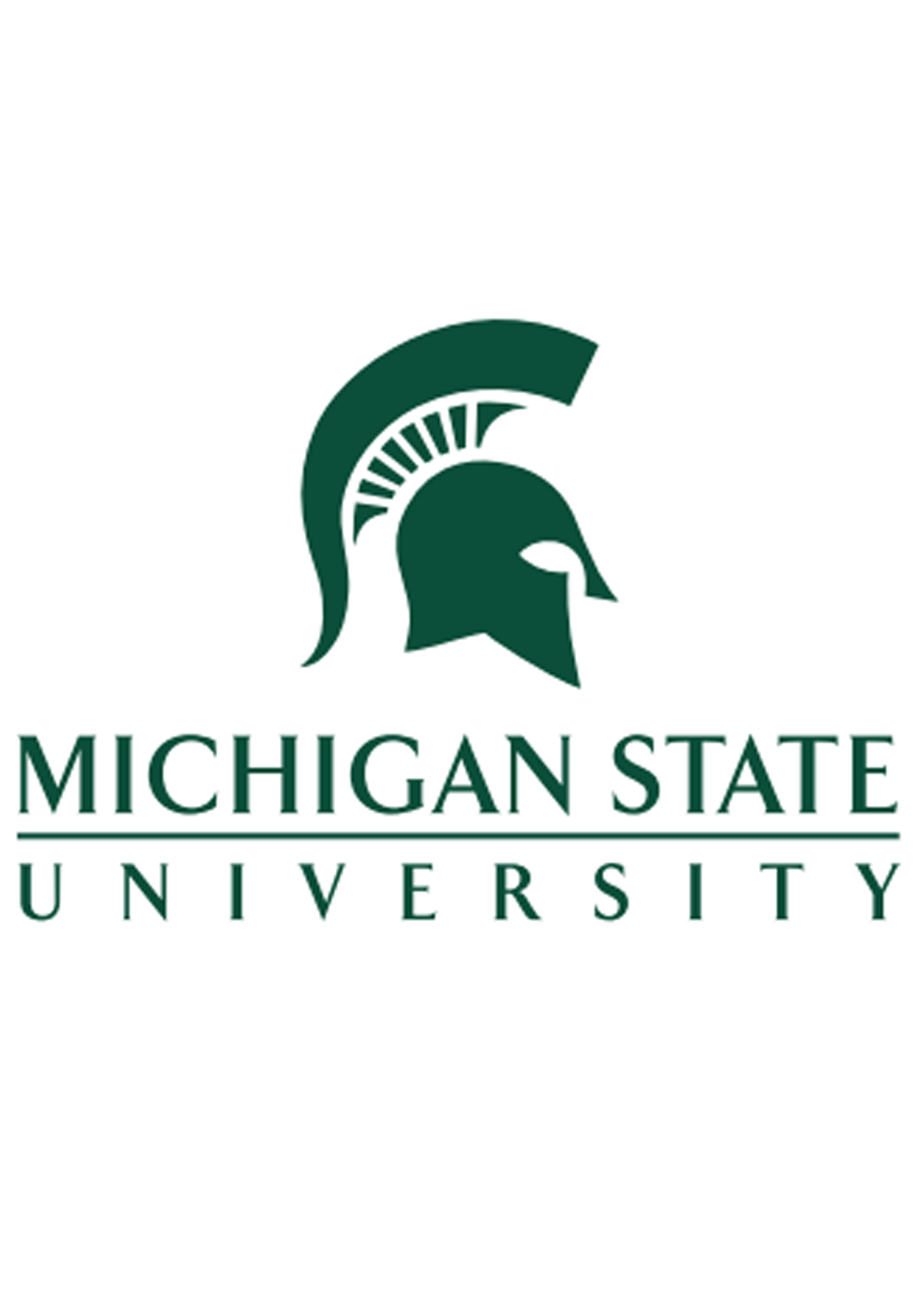
Michigan State University
Intelligent Score: 94.79In-state: $15,555
Out-of-state: $40,384
In-state: $18,858
Out-of-state: $18,858
SAT: 1100-1300
ACT: 23-29
Michigan State University's Bachelor of Arts in Marketing degree program is the best marketing program offered by a public institution. The program, offered by the Broad College of Business, has a curriculum that focuses on the understanding of marketing concepts and tools needed to achieve business objectives. Students will learn to use analysis, planning, control techniques, and implementation in business functions and society. The program also features courses covering digital marketing, sales management, international marketing management, and more. This program is between 120-123 credit hours, depending on which path the student chooses.
In-State: $521
Out-of-State: $1,434
On-Campus
Association to Advance Collegiate Schools of Business
120-123

UF Warrington College of Business
Intelligent Score: 92.81In-state: $4,477
Out-of-state: $25,694
In-state: $10,770
Out-of-state: $10,770
SAT: 1290-1460
ACT: 29-33
Resident: $149
Non-Resident: $856
On-Campus
Association to Advance Collegiate Schools of Business
120
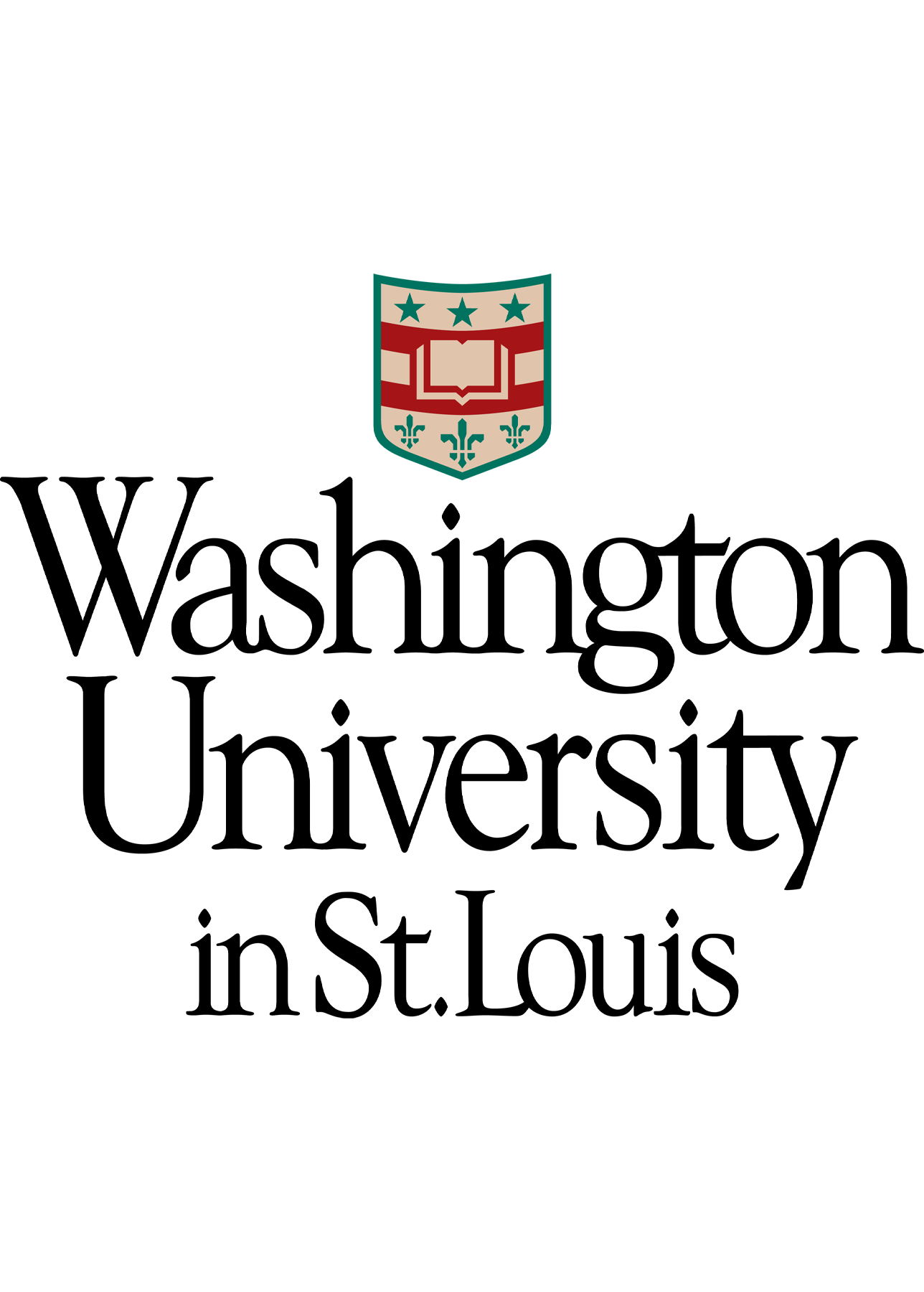
Washington University in St. Louis
Intelligent Score: 92.18In-state: $56,300
Out-of-state: $56,300
In-state: $56,300
Out-of-state: $56,300
SAT: 1480-1560
ACT: 33-35
$2,058
On-Campus
Association to Advance Collegiate Schools of Business
120

FIU College of Business
Intelligent Score: 91.54In-state: $4,721
Out-of-state: $16,529
In-state: $8,912
Out-of-state: $8,912
SAT: 1110-1260
ACT: 23-29
In-State: $205
Out-of-State: $618
On-Campus, Online
Association to Advance Collegiate Schools of Business
120
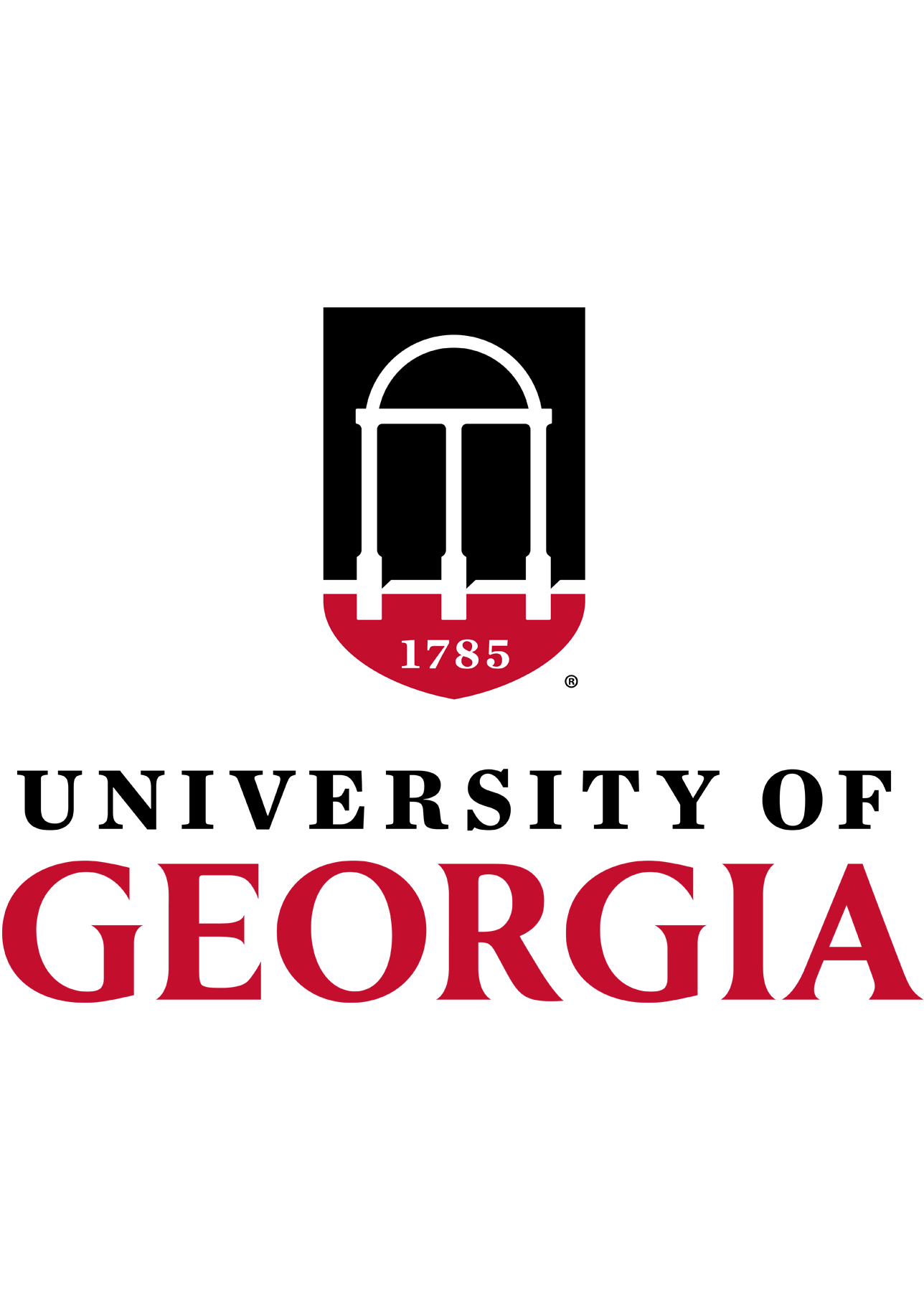
University of Georgia
Intelligent Score: 90.43In-state: $9,790
Out-of-state: $28,830
In-state: $8,878
Out-of-state: $8,878
SAT: 1250-1460
ACT: 29-33
Resident: $326
Non-Resident: $961
On-Campus
Association to Advance Collegiate Schools of Business
120
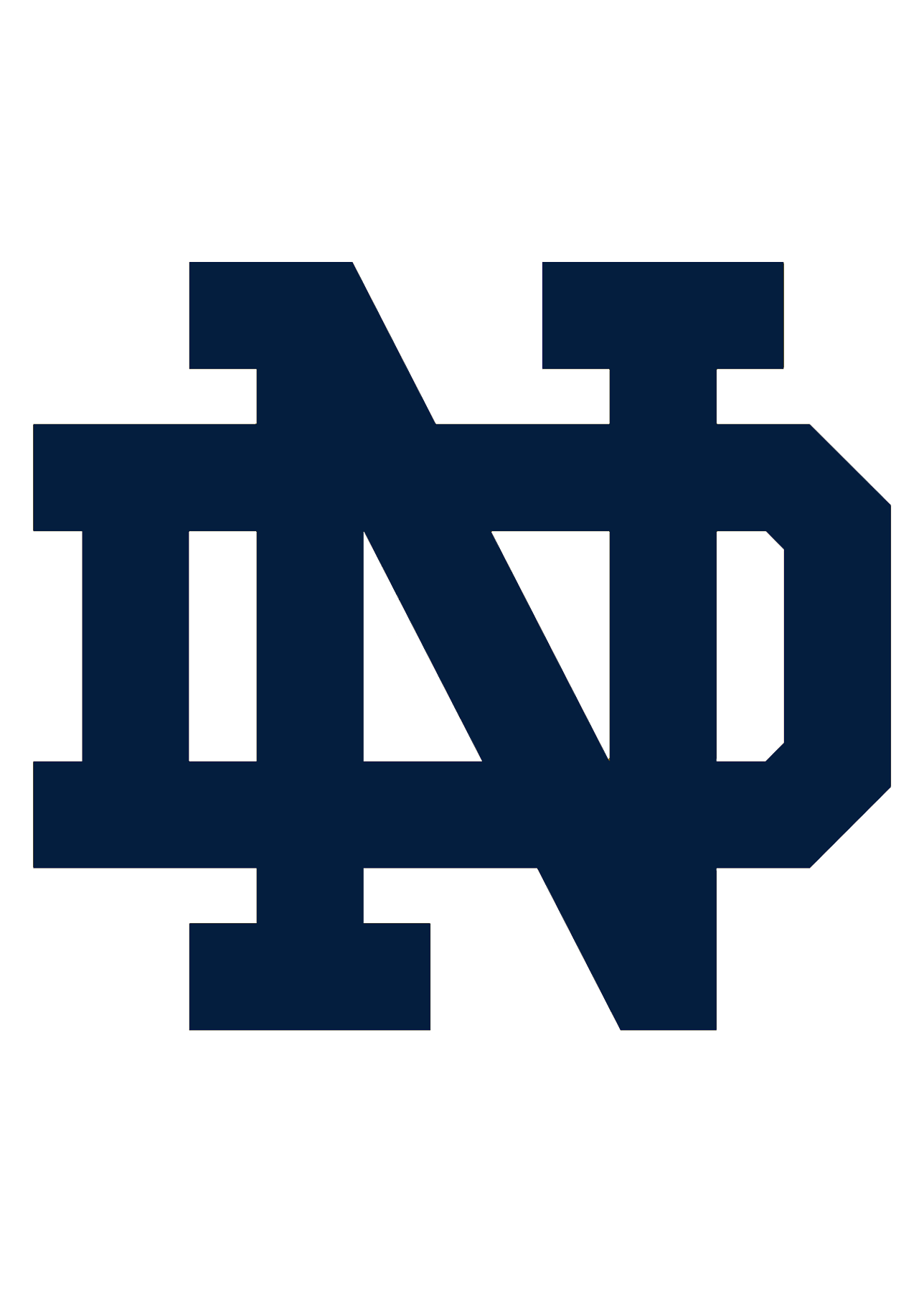
University of Notre Dame
Intelligent Score: 89.98In-state: $57,192
Out-of-state: $57,192
In-state: $57,050
Out-of-state: $57,050
SAT: 1400-1550
ACT: 32-35
$2,591
On-Campus
Association to Advance Collegiate Schools of Business
124
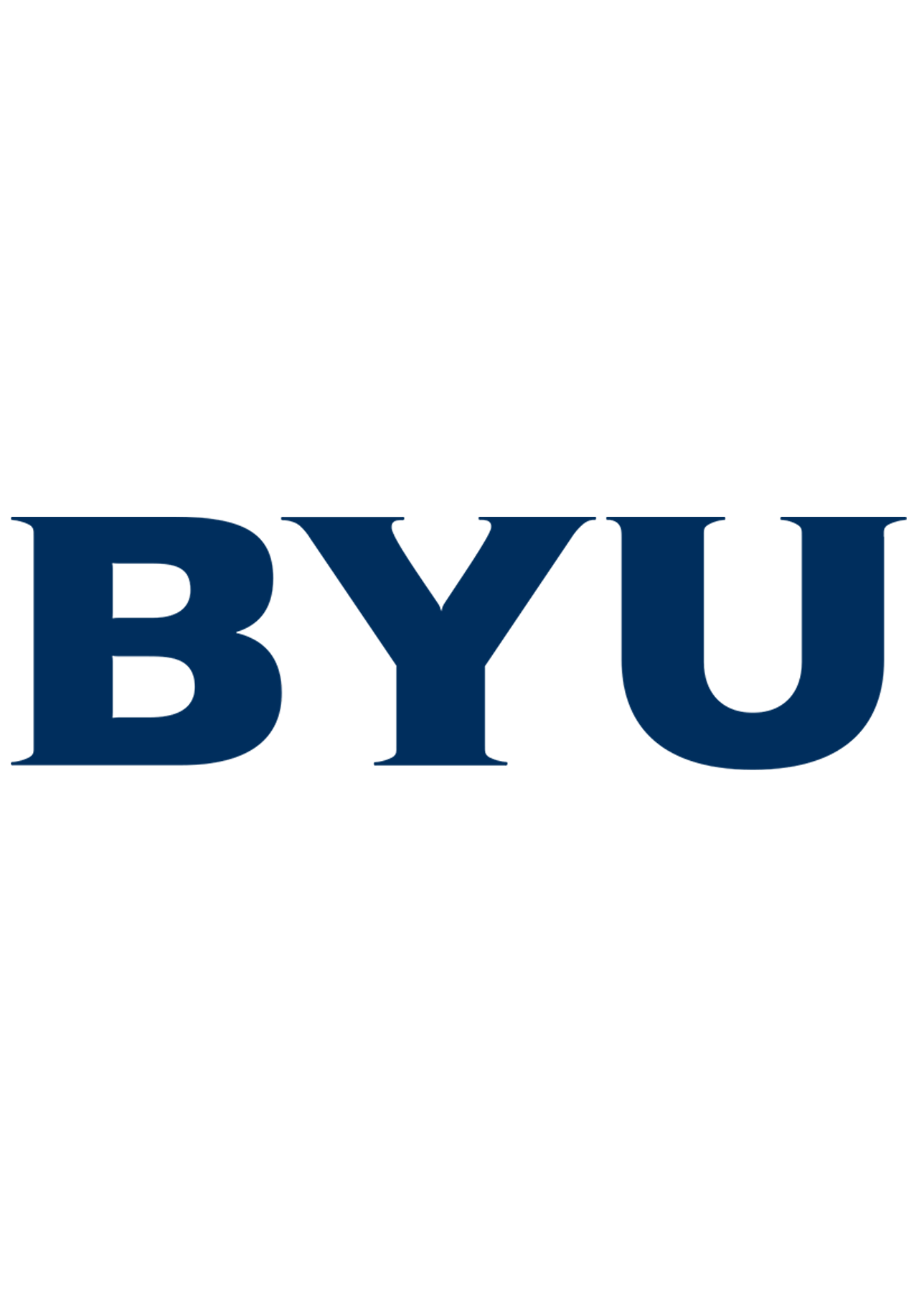
Brigham Young University
Intelligent Score: 89.96In-state: $5,970
Out-of-state: $5,970
In-state: $7,510
Out-of-state: $7,510
SAT: 1200-1410
ACT: 26-32
Member: $342 Non-Member: $684
On-Campus
Association to Advance Collegiate Schools of Business
120

University of Maryland
Intelligent Score: 89.93In-state: $8,824
Out-of-state: $34,936
In-state: $13,158
Out-of-state: $13,158
SAT: 1270-1480
ACT: 30-34
Resident: $412
Non-Resident: $1,613
On-Campus
Association to Advance Collegiate Schools of Business
120
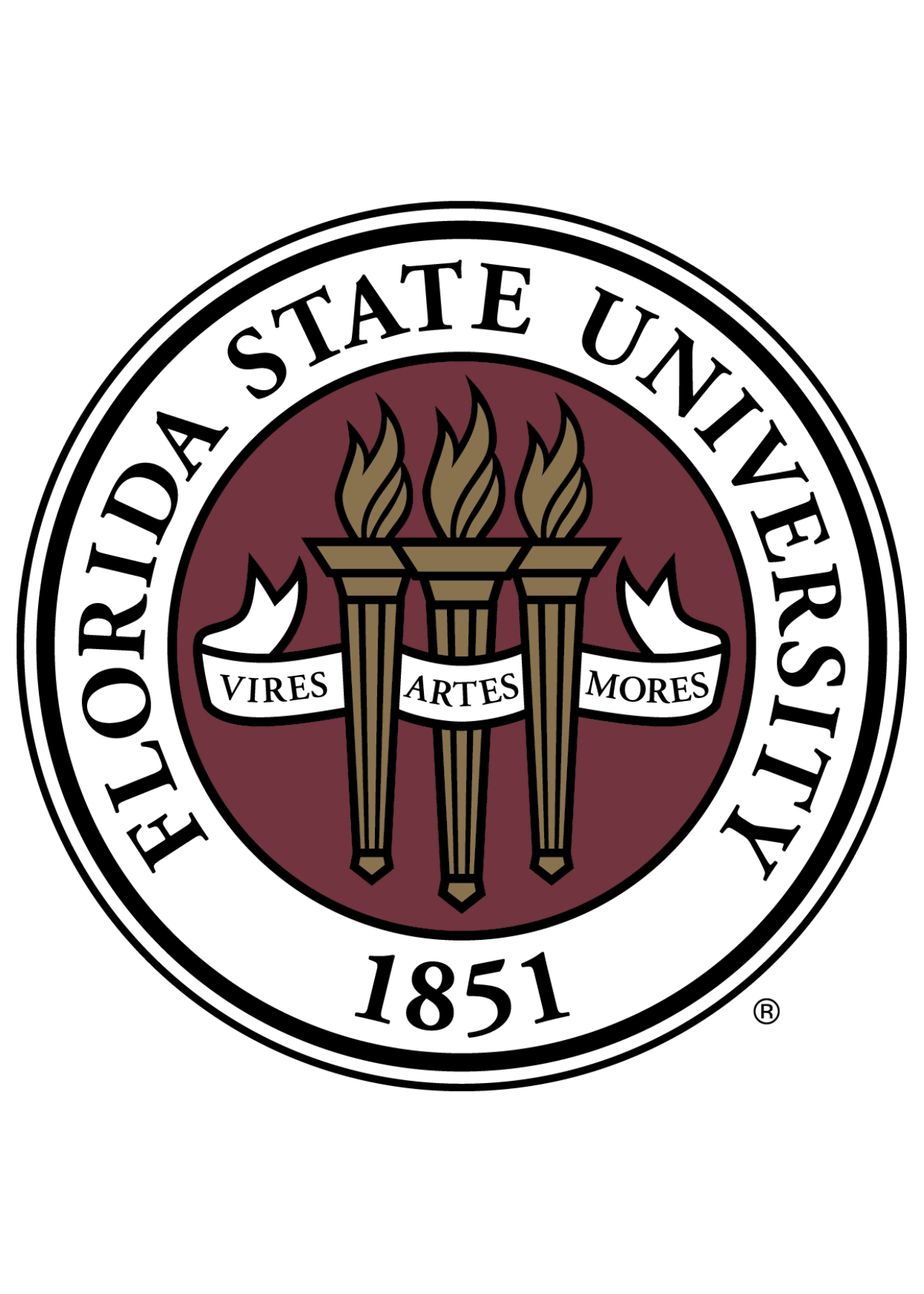
FSU College of Business
Intelligent Score: 89.55In-state: $4,640
Out-of-state: $19,084
In-state: $9,684
Out-of-state: $9,684
SAT: 1220-1350
ACT: 27-31
In-State: $215
Out-of-State: $721
On-Campus
Association to Advance Collegiate Schools of Business
120

University of Texas Rio Grande Valley
Intelligent Score: 88.84In-state: $11,448
Out-of-state: $40,032
In-state: $12,028
Out-of-state: $12,028
SAT: 1210-1470
ACT: 26-33
Resident: $684
Non-Resident: $1,104
On-Campus
Association to Advance Collegiate Schools of Business
120

Fashion Institute of Technology
Intelligent Score: 88.64In-state: $7,170
Out-of-state: $21,692
In-state: $11,542
Out-of-state: $11,542
SAT: N/A
ACT: N/A
Resident: $239
Non-Resident: $723
On-Campus
Accreditation Council for Business Schools and Programs
120-126
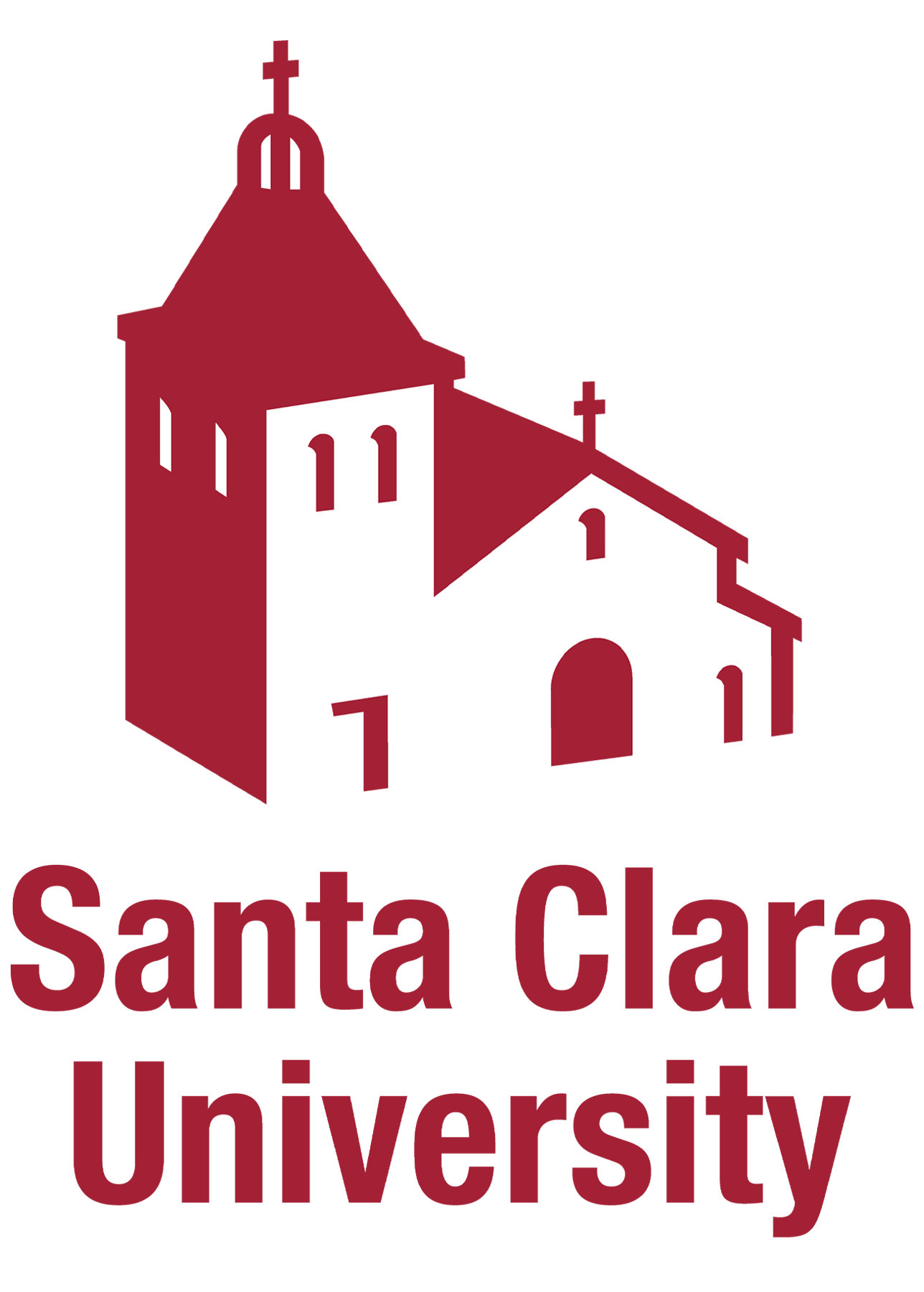
Santa Clara University
Intelligent Score: 88.6In-state: $52,998
Out-of-state: $52,998
In-state: $23,507
Out-of-state: $23,507
SAT: 1270-1450
ACT: 28-32
$1,627
On-Campus
Association to Advance Collegiate Schools of Business
175
How to Choose a Marketing Program
Choose your area of study
Marketing degree programs prepare students for roles in nearly every industry. There are many specialties and career trajectories within marketing, making your choice of program integral to reaching your career and educational goals.
In general, marketing degree programs focus on the marketing and analytical skills that help connect consumer needs with goods and services. The most common marketing programs include:
- Bachelor of Arts (BA): A BA in marketing focuses on critical thinking, analysis, communication, and culture for a holistic understanding of marketing within the context of a liberal arts degree. Graduates possess a versatile skill set that transfers well to roles such as market research analyst, content creator, and marketing manager.
- Bachelor of Business Administration (BBA): A BBA emphasizes transferable hard skills and career preparation over humanities, providing an education in management, finance, technology, and other fundamentals. Students develop strategy, leadership, and decision-making skills that prepare them for roles in marketing management, sales management, and market research analysis.
- Bachelor of Science (BS): BS programs teach hands-on skills necessary in global marketing. Coursework emphasizes market research methods, statistics, and data analysis. Students may complete business technology courses in customer relationship management (CRM) and project management software. Graduates often work as analysts and digital marketing specialists.
- Master of Science (MS): MS degrees target students already in the workforce or looking ahead to a doctoral degree. Students focus on marketing data analytics and research, and they refine their abilities to blend quantitative skills with critical thinking and market insights.
Marketing students often choose a concentration or minor within their undergraduate program. Concentrations vary by school, but common options include marketing analytics, digital marketing, brand management, and marketing technology.
Research schools and programs
Visit the websites of schools and programs you’re considering, and follow up by contacting admissions counselors who can offer insights, recommendations, and answers to your questions. In-person and virtual campus tours, information sessions, and school social media can help you glean more about the student experience.
Keep accreditation in mind with each program you consider. Accreditation agencies, such as the New England Commission of Higher Education and Northwest Commission on Colleges and Universities, verify that institutions, faculties, and curriculums meet certain quality standards. You can use the Department of Education’s Database of Accredited Postsecondary Institutions and Programs (DAPIP) to check on a school’s accreditation status.
Accreditation provides credibility to the quality of an institution’s or program’s education. Federal student aid is only available for students attending an accredited institution. Credits from these schools can also transfer to others. Employers may prefer accredited education among job candidates and may dismiss applicants with a degree from an institution that isn’t accredited.
Prepare for tests and applications
Admission requirements vary by program and institution. Some programs require students to complete one year or a certain number of survey-level courses before they may declare their marketing major and advance to core courses. Postgraduate marketing programs typically require an undergraduate background that involves data analysis, statistics, and technology.
In general, most undergraduate and graduate program admissions require a combination of the following materials:
- Application form and fees
- Secondary school transcript
- In-progress undergraduate transcript for transfers
- Letter(s) of recommendation
- Personal essay or statement
- Resume or CV
- SAT or ACT scores (for undergraduate programs)
- GRE or GMAT scores (for graduate programs)
- TOEFL (for students educated in a non-English language)
Contact an admissions counselor for program-specific requirements and to verify information such as submission deadlines, proper documentation, and eligibility.
Select your program
Gather information on your chosen programs and compare the following factors to determine the best fit:
- Curriculum
- Concentrations offered
- Cost
- Location
- Institutional or program prestige
- Financial aid availability
- Course delivery method
Some factors may be more important to you than others. For example, cost may influence your decision more if you have limited financial assistance options. Likewise, program logistics may suit certain circumstances better than others — if you’re already in the workforce or have other obligations, you may prefer an online or hybrid course. In-person programs may better suit individuals who prioritize face-to-face peer and instructor interaction and networking opportunities.
Determine how you’ll pay for your degree
Contact a financial aid counselor at your chosen institution for information on tuition, fees, average book and supply costs, and other expenses. Verify that your program qualifies for financial aid, and submit the Free Application for Federal Student Aid (FAFSA). Students of any income can apply for FAFSA and access need-based federal loans, grants, scholarships, and other financial assistance. Private organizations, such as businesses, foundations, and sometimes the school itself, may offer scholarships, grants, or other aid. Students in the workforce should inquire with their employer about the potential for tuition assistance benefits.
What Can You Expect From a Marketing Program?
Undergraduate marketing programs vary by school and concentration. In general, students can expect to gain an in-depth understanding of marketing principles and fundamentals such as market research and analysis, global marketing, e-commerce, technology and information systems, and consumer behavior.
Depending on the type of degree, programs offer a mix of theoretical and hands-on learning. BA programs may focus on an academic approach that develops soft skills, such as communication and problem-solving, within business courses. Some marketing programs, such as BBA degrees, fall under business major umbrellas and incorporate concepts such as finance or entrepreneurship.
Undergraduate marketing students learn through lectures, seminars, case studies, and research projects. Programs may also require work co-op semesters. Graduate programs are research-intensive and usually require a thesis in combination with core courses and seminars.
Potential courses you’ll take in a marketing program
- Marketing management: This course considers the importance of marketing data evaluation and formulating marketing strategies according to organizational goals. Topics may include consumer markets, buying processes, corporate social responsibility, and business markets.
- Consumer behavior: Students learn how consumer behavior affects marketing strategies. Case studies, research projects, and other coursework explore how consumers interact with their environment during the research, purchase, and post-purchase stages.
- Digital marketing strategy: In this course, students explore strategies and tactics that target and engage audiences. By considering emerging trends, students develop an understanding of the customer’s journey through applying digital marketing planning and execution tactics. Topics may include web content, social media, and email marketing.
- Market research and analysis: Students develop marketing research techniques, including identifying data needs, collecting data, and performing analysis. This course may include instruction on marketing information technology, such as CRM software and SEO. Students learn to generate insights from data analysis and present actionable findings.
Marketing Degree Frequently Asked Questions
How do I apply to a marketing degree program?
Most program websites outline the application process and have an admissions portal where you can begin your application. Application processes vary, but they generally require relevant transcripts, a personal statement, a resume or CV, letters of recommendation, and undergraduate or graduate-level test scores.
Speak with an admissions counselor before submitting your application to verify specific information procedures. Confirm application and term dates to ensure your application is submitted on time.
How much does a marketing degree cost?
An undergraduate degree averages $14,688 yearly for tuition and fees, and a graduate degree averages $20,513 yearly. Private institutions typically have higher tuition fees than public institutions.
Living on campus can increase fees to $27,673. Other factors, such as in-state or out-of-state student status, course delivery method, local cost of living, and books, can influence costs. The scholarships, grants, loans, and other financial aid you qualify for may reduce your upfront costs.
How long does it take to earn a marketing degree?
Total credit requirements and pace determine the duration of the program. Undergraduate marketing programs require approximately 120 credits delivered over three or four years, and graduate programs require about 30 credits over one or two years.
